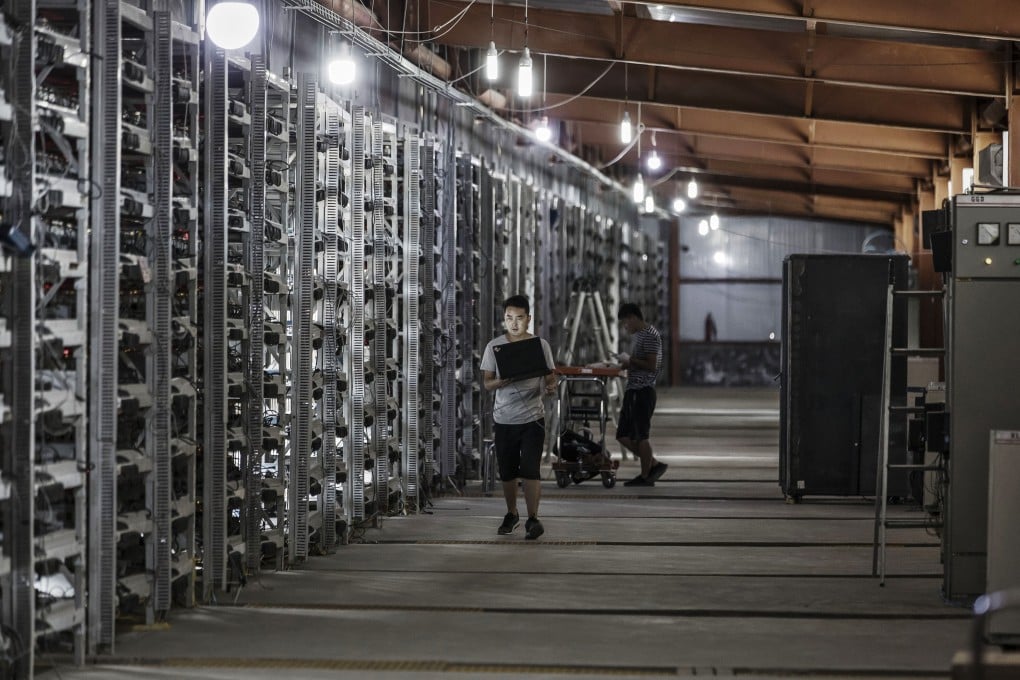China’s bitcoin crackdown: mining equipment, and carbon emissions, moving from the mainland to US
- Beijing has started to crack down on mining due to its heavy reliance on cheap power and related impact on the environment
- Social media video posted by Chinese logistics company showed it shipping bitcoin mining equipment to the US on behalf of a client

Fenghua International Transportation, a Guangzhou-based logistics company which ships tons of goods round the world for clients including chilli sauce, is getting ready to airlift 3 metric tonnes of bitcoin mining equipment as China continues to push operators out of the country.
The company recently posted a video on its WeChat channel showing it loading hundreds of boxes of bitcoin mining machines onto a truck headed to an airport in China. In the video, it says the shipment will arrive in the US in four to six days.
A saleswoman at the company said the video had drawn substantial interest from many parties but was removed from the internet by Fenghua voluntarily on Tuesday.
Beijing has always taken a hard stance against cryptocurrencies, regarding them as volatile and potentially destabilising, but had tolerated bitcoin mining until recently. It has started to crack down on mining due to its heavy reliance on cheap power and related impact on the environment – which clashes with China’s vow to reduce carbon dioxide emissions by at least 65 per cent by 2030, relative to 2005 levels, and then achieve carbon neutrality by 2060.
Cryptocurrency mining requires massive amounts of electricity to run the large computer server arrays needed to do the complex calculations required for cryptocurrency transactions, as well as for the air conditioning needed to cool these facilities.
“Whilst China has always been very clear on its negative views on bitcoin buying, selling and trading, bitcoin mining was always tolerated. But that has now changed,” said Henri Arslanian, global crypto leader at PwC. “Now [crypto mining] is moving overseas.”